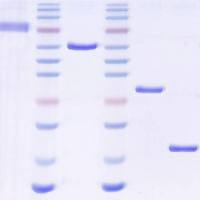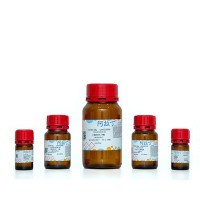SAGE Analysis to Identify Embryonic Stem Cell-Predominant Transcripts
互联网
互联网
相关产品推荐

EmbryoMax™ 青霉素-链霉素溶液,100X,用于细胞培养, The EmbryoMax Penicillin-Streptomycin Solution, 100X is available in a 100 mL format and may be used for routine mouse embryonic stem cell culture applications.,阿拉丁
¥174.90

软骨素酶AC 来源于肝素黄杆菌,9047-57-8,重组, expressed in <i>E. coli</i>,≥200 units/mg protein, For Chondroitin Sulfate Analysis,阿拉丁
¥7138.90

Human SAGE1重组蛋白表达
¥2000

Dulbecco 磷酸盐缓冲盐水,1X ES 细胞合格,用于细胞培养, The Dulbecco's Phosphate Buffered Saline, 1X ES Cell Qualified is available in a 500 mL format & has been optimized & validated for Stem cell culture.,阿拉丁
¥139.90

EmbryoMax™ 1X Dulbecco′s Phosphate Buffered Saline w/o Ca++ & Mg++,用于细胞培养, The EmbryoMax 1X Dulbecco's Phosphate Buffered Saline w/o Ca++ & Mg++ is available in a 1 L format and may be used for routine mouse embryonic stem cell culture applications.,阿拉丁
¥134.90
相关问答

